What Does a Spa Manager Do ?
Core Responsibilities
1. Operational Oversight
- Managing the day-to-day operations to maintain efficiency and high standards.
- Supervising facility maintenance, ensuring a serene and hygienic environment.
- Developing and implementing operational protocols and guidelines.
2. Staff Management
- Recruiting, training, and supervising spa personnel.
- Conducting performance evaluations and fostering a cohesive team culture.
- Scheduling shifts and managing payroll to optimize workforce efficiency.
3. Guest Experience Enhancement
- Ensuring exceptional customer service and addressing guest concerns promptly.
- Implementing strategies to elevate guest satisfaction and retention.
- Analyzing guest feedback to improve services and tailor experiences.
4. Financial Administration
- Creating budgets and monitoring expenditures to maintain profitability.
- Designing pricing strategies and promotional campaigns to boost revenue.
- Analyzing financial reports to make informed business decisions.
Daily Tasks in the Life of a Spa Manager
The role of a spa manager is dynamic and varied, with each day presenting new challenges and tasks. A typical day might encompass:
- Morning briefings with staff to discuss the day’s agenda and priorities.
- Overseeing bookings, ensuring proper scheduling and resource allocation.
- Addressing operational issues and troubleshooting challenges as they arise.
- Conducting staff meetings or training sessions to maintain service standards.
- Engaging with guests, addressing concerns, and ensuring a delightful experience.
- Reviewing financial reports and strategizing to improve the spa’s bottom line.
- Collaborating with vendors or suppliers to maintain inventory and quality standards.
Essential Skills and Qualities
Becoming an effective spa manager requires a diverse skill set and certain innate qualities:
1. Leadership Skills
- Ability to inspire and lead a team to achieve common goals.
- Decisiveness and effective problem-solving skills in high-pressure situations.
2. Communication Skills
- Excellent interpersonal skills to interact with staff and guests.
- Proficiency in conveying ideas and instructions clearly and diplomatically.
3. Business Acumen
- Understanding of financial management and budgeting principles.
- Marketing prowess to promote spa services and drive business growth.
4. Industry Knowledge and Qualifications
- A degree in hospitality, business management, or a related field.
- Certifications in spa management or relevant areas to enhance expertise.
Embracing Innovation in Spa Management
The spa industry continues to evolve, incorporating technological advancements and novel approaches to cater to evolving consumer demands:
1. Technological Integration
- Implementing software for efficient booking, billing, and customer management.
- Utilizing digital marketing strategies to reach a wider audience.
2. Personalization and Customization
- Tailoring services to cater to individual guest preferences and needs.
- Offering unique experiences and packages to enhance guest satisfaction.
3. Sustainability and Holistic Well-being
- Embracing eco-friendly practices and products to resonate with conscientious guests.
- Incorporating wellness trends into spa services, promoting holistic health.
Conclusion
Spa managers are the unsung heroes behind the scenes, meticulously orchestrating the myriad components that culminate in a serene and rejuvenating spa experience. Their dynamic role involves a delicate balance of managerial prowess, interpersonal finesse, and a deep understanding of both the wellness industry and business management. As the spa landscape continues to evolve, spa managers remain pivotal in steering spas towards innovation, excellence, and an unwavering commitment to guest satisfaction.


